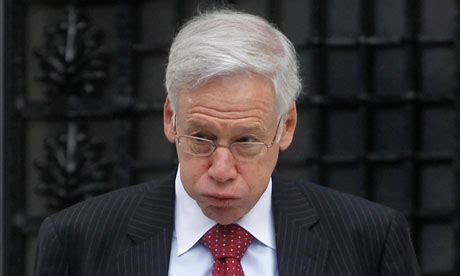A Quote by Johann Wolfgang von Goethe
Faith is a homely, private capital; as there are public savings-banks and poor funds, out of which in times of want we can relieve the necessities of individuals, so here the faithful take their coin in peace.
Related Quotes
I admit that one should never underestimate the capacity of banks to destroy enormous amounts of accumulated capital and reduce, temporarily, the supply. After all, capital is the accumulated savings of mankind. And banks are great masters in destroying enormous amounts of capital with great regularity.
The history of the welfare state is the history of public enterprise pushing out private organization. The impact was largely unintentional, but natural and inevitable. Higher taxes left individuals with less money to give; government's assumption of responsibility for providing welfare shriveled the perceived duty of individuals to respond to their neighbors' needs; and the availability of public programs gave recipients an alternative to private assistance, one which did not challenge recipients to reform their destructive behavior.
Banks don't want certain asset classes, and that's created opportunities for private equity, hedge funds, Silicon Valley. In this case I think he was referring to some of the European banks shedding assets, and the big buyers are probably not going to be big American banks. Someone like Blackstone may have a very good chance to buy those assets, leverage them, borrow up a little bit, and do something good there.
Since there is no such entity as 'the public,' since the public is merely a number of individuals, the idea that 'the public interest' supersedes private interests and rights can have but one meaning: that the interests and rights of some individuals take precedence over the interests and rights of others.





































